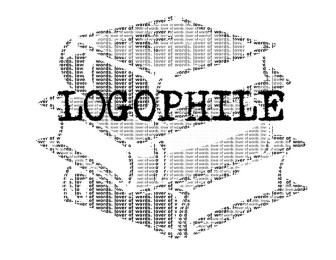Logophile: Dissociative Book Identity Disorder
Dissociative Book Identity Disorder /dɪˈsoʊʃitɪv bʊk aɪˈdentəti dɪsˈɔrdər/: A state of mind where a person has multiple, dueling memories of a single book.
This newly-discovered psychological disorder can be caused by multiple situations that create to perceptions of a novel. This is most commonly triggered by creating detailed imaginations and hopes of a long-awaited novel which, upon reading it, is extremely different than first assumed. Both the dream book and the unexpected reality remain in the victim’s memory, constantly at war with one another. Top charting DBID triggers of this type include: Suzanne Collin’s “Mocking Jay,” Cassandra Clare’s “Clockwork Princess,” and Marie Lu’s “Champion.”
However, this disorder is also known to appear in people who read books while sick, drugged, or suffer severe sleep deprivation. With an altered state of mind, such victims will create warped or false perceptions of their reading material that clash with the true material later obtained by rereading. Less severe instances are caused by reading a book in different emotional states or over a significant time difference.
A pivotal study of “Subject K” even revealed the correlation between the Dissociative Book Identity Disorder and book covers. Said subject unknowingly reread a novel with a different cover years after the official encounter. Both the colorful, optimistic cover and the dark, depressing cover created different interpretations of a small town murder mystery. Such contrast led to mild, long term DBID, inducing discomfort and nausea every time Subject K recalls the experience.
The wide array of symptoms varies given the extent of DBID, interpersonal relations, number of books read and more. A minor case may lead to temporary, mild discomfort and confusion. Victims who suffer from a more extreme case initially experience severe self-doubt, second-guessing, and loss of faith in reality. Such symptoms can aggravate the severity of the DBID and even lead to other mental disorders such as literary phobias, retrograde plot amnesia, and attractive werewolf dependence.
At first sign of any of these symptoms, contact the library immediately for regular doses of new novels.

